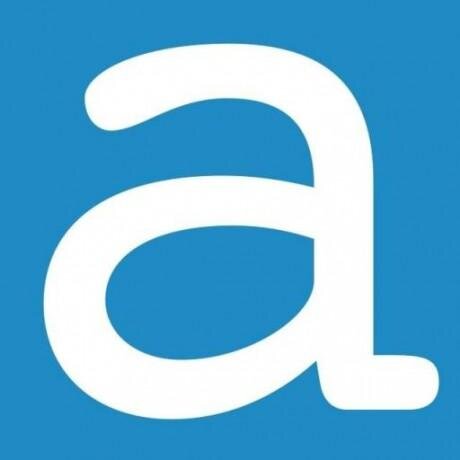I recently read a post - Speed as a habit.
It’s a great post, and I agree with the author on almost everything. It is very common to see decision-makers knowingly or unknowingly affect the speed of the project because they can’t choose one thing over other. They work in an iterative fashion, delay making timely decisions and therefore, they miss global optimum and have to settle for local optimum. Difference between global and local optimum is called as technical debt and it requires them to stop frequently and pay this debt.
This is how I look at speed. Imagine a vehicle moving in speed, and then suddenly if you ask the driver to take a turn - vehicle has to either slow down considerably, or it will crash. Only possible way to complete the whole route from start to end is that you take timely decisions and stick to them. This does not mean that you don’t take any turns at all, but instead you plan for them and also minimize them. Taking too many turns will only affect your speed.
The most important pre-requirement for speed is setting a goal and deciding a path. My advice is to take time in deciding, and plan for at least next couple of milestones, but once you have, stick to it. Revaluate when you have achieved those milestones. However, overall bigger vision is also important for you to get closer to global optimum than local optimum and avoid very short term calls.
It is a mistake to think that moving fast is the same as actually going somewhere. ― Steve Goodier
